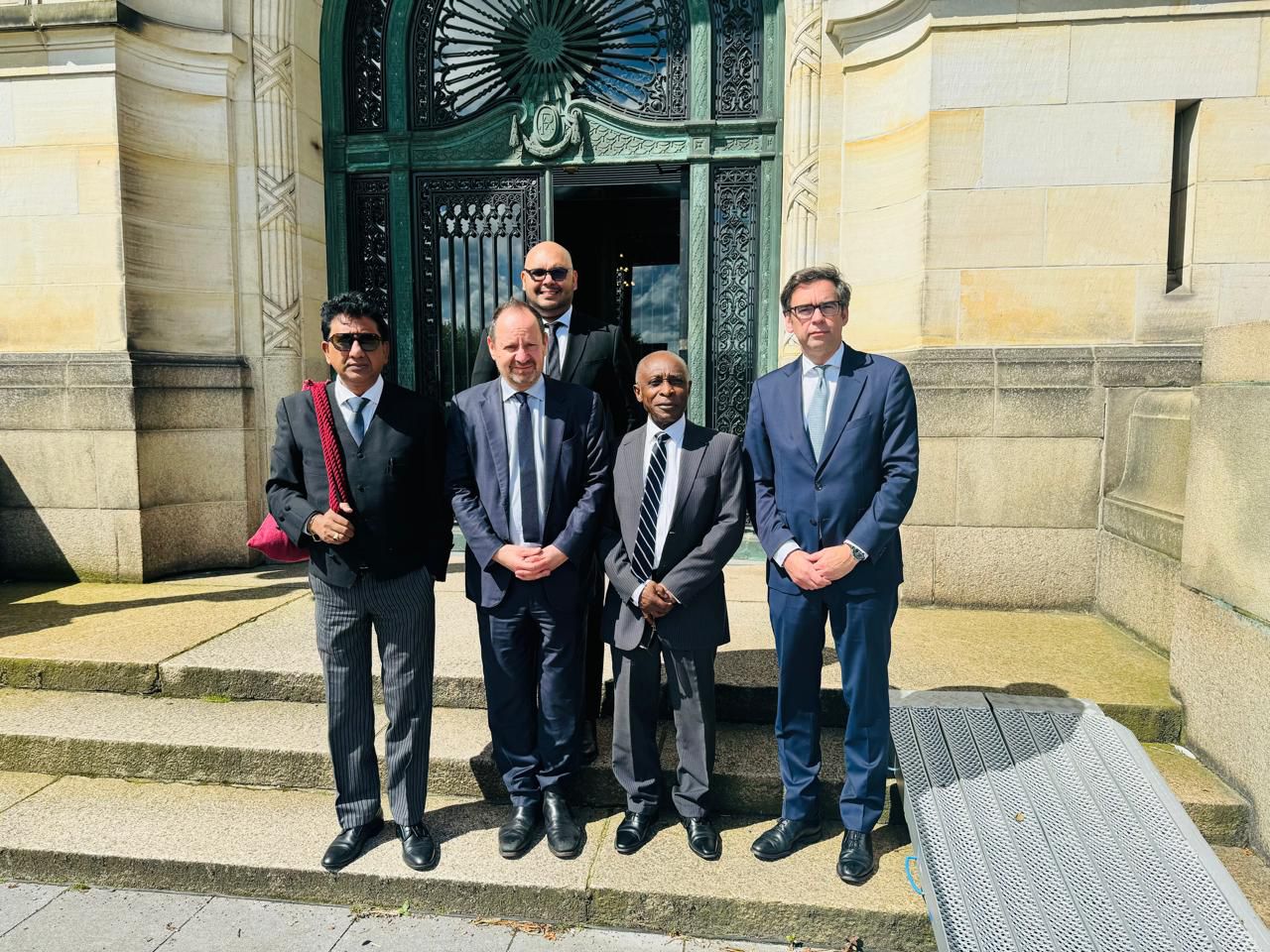Guyana said Venezuela made an excessive timeline suggestion in a meeting to determine the way forward on the countries’ border controversy case at the International Court of Justice (ICJ).
Agents of the two countries met on June 11 with Judge Nawaf Salam, the Court’s President, to discuss subsequent procedures in the case, a statement from the Guyana Attorney General’s office said. They also sought to determine whether a second round of written pleadings was necessary following the submission of Venezuela’s Counter-Memorial on April 8, 2024.
As both sides agreed that a second round of pleading was necessary, they suggested timelines for preparing the pleadings.
Guyana proposed a period of six months from the date of Venezuela’s Counter-Memorial submission (implying a deadline of October 8, 2024) for its reply but was open to extending this to late October subject to the Court’s Diary, the statement read.
The Attorney General’s office added, “Venezuela requested 12 months from Guyana’s October reply to adequately prepare its rejoinder, citing the complexity of the case, despite the ICJ’s procedural rules which generally favor shorter time limits.”
Guyana’s view is that this suggestion is excessive, given that the case has been pending for six years and that the subsequent pleadings are not intended to recite facts and legal issues already raised.
The Court is expected to issue an order setting appropriate timelines for both parties to submit their respective second-round pleadings, taking into account the representations made.
Guyana’s delegation was led by Mohabir A. Nandlall, Attorney General and Minister of Legal Affairs; and included Carl B. Greenidge, Agent for Guyana at the ICJ; Philippe Sands, Legal Counsel; Pierre D’Argent, Legal Counsel; and Lloyd Gunraj, Chargé d’Affaires, Embassy of Guyana to the Kingdom of Belgium.
Venezuela’s team included Samuel Reinaldo Moncada Acosta, Agent for Venezuela to the ICJ, supported by a delegation and legal team.
The case concerns the validity of the 1899 Arbitral Award, which determined the boundary between the two South American nations more than a hundred years ago. In 1962, some 63 years after accepting the boundary, Venezuela claimed the Award was null and void, reanimating a claim for two-thirds of Guyana’s territory. After years of discussions between the two countries under the United Nations Good Offices Process failed to deliver a resolution, UN Secretary-General Antonio Guterres referred the matter to the ICJ in 2018.



